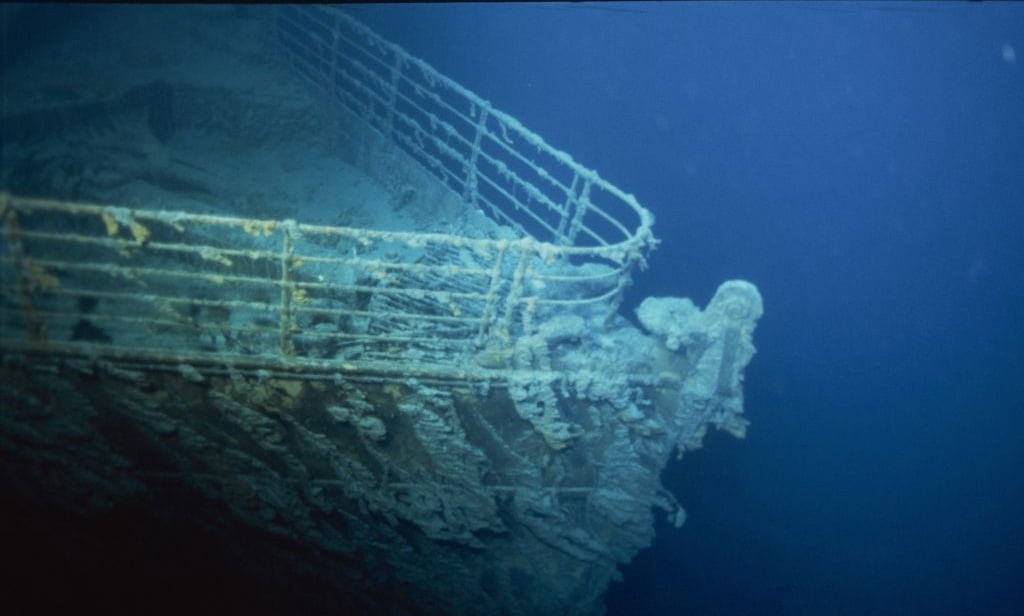
The wreck of the Titanic has been a source of ongoing fascination since it was first discovered in 1985. As it continues to decompose, there has been a race against time to capture and preserve the ship and its contents, whether through high-tech scans or by salvaging artifacts.
Many fascinating items have been successfully recovered, including one passenger’s alligator purse, jewelry, vials of perfume, a bowler hat, sheet music, and a logometer. Their retrieval has been controversial because the wreck is not only a site of historical significance but also the resting place of over 1,500 passengers that sunk with the ship on April 15, 1912.
Now, the U.S. government is aiming to block a proposed mission to rescue the Marconi wireless telegraph. This important machine was used to transmit a distress call when the ship was sinking and helped save the 700 people who made it onto lifeboats. It has been located on the wreck and will eventually disintegrate if not salvaged, but its removal risks damaging the boat’s hull.
The recovery would be carried out by RMS. Titanic, Inc., a company based in Atlanta, Georgia that was handed exclusive salvaging rights to the wreck by a federal court in Norfolk, Virginia in 1994. Prior to this, U.S. Congress had discouraged disturbing or salvaging the wreck, but no formal, legally-enforced agreement had materialized.
This changed in late 2019, when an international accord between the U.S. and the U.K. came into effect, giving both governments the power to grant or deny licenses authorizing entry of the wreck or the removal of artifacts.
When the Marconi rescue mission was first proposed in 2020, it was approved by a judge, but immediately opposed by the U.S. Department of Commerce and its National Oceanic Atmospheric Administration. The expedition, which had been planned for August 2020, ended up being postponed by the pandemic and RMS Titanic only raised the matter again in June of this year, telling the court that it would go ahead without seeking federal permission.
Last Friday, two attorneys representing U.S. federal government took legal action, filing a motion to deny the company’s salvaging rights at the same Virginia court that granted them three decades ago. If it is successful, it will have the authority to approve or deny all future salvaging missions proposed by RMS Titanic, or anyone else.
“It’s an attempt by the government to enforce treaty provisions and goes to the question of who has authority over the wreck site,” which is in international waters, maritime law specialist John D. Kimball told the The New York Times. “The issues are tricky and the rulings are likely to be appealed.”
The court has not yet handed down a ruling but RMS Titanic has said that it is gearing up for a legal battle that could be lengthy.
“The company believes it retains the right to continue to conduct salvage activities at the wreck site, without seeking or obtaining approval from any third-parties other than the U.S. District Court which maintains jurisdiction over the wreck site,” said RMS Titanic’s lawyer Brian A. Wainger in a statement.
More Trending Stories:
Here’s How Much Money U.S. Museum Directors Make—But a Growing Backlash Could Soon Change That
New Court Filings Show the Magnitude of Claims Being Made Against Disgraced Art Advisor Lisa Schiff